All the mass shootings hurt. But this one shook me to the core. Here’s how we can start to heal.
It wasn’t like I was born Jewish the way you’re born with a funky-shaped birthmark on your big toe. It wasn’t just part of my DNA. I grew up actively Jewish: My sisters and I went to Sunday school and Hebrew school. At 12, I was Bat Mitzvahed, a coming-of-age event in early adolescence that requires learning to read a portion of the Torah in Hebrew and leading a service in front of the congregation. I went to Jewish overnight camp in the Poconos where I had my first kiss on Chapel on the Hill and made lifelong friends during Color War and bunko.
I spent a summer with other Jewish teens in Israel where I hiked up Masada at night and watched the sunrise in the morning, left a letter to my deceased grandmother in the nooks of the Wailing Wall, camped in the Negev Desert, and got to know the fabric of the country as much as my 15-year-old brain could comprehend. Fifteen years ago, I was married under a Chuppah by my childhood rabbi.
Judaism was a constant metronome of my young life.
And so, the history of anti-Semitism, not to mention the shock to a young mind and heart trying to comprehend the human horrors of the Holocaust, was part of my consciousness from a very young age. My classmates and campmates and I saw images and heard first-hand accounts of anti-Semitism, ranging from spray-painted swastikas on lockers to the murder of parents and children. We visited Holocaust museums and attended services in memory of lost loved ones and of the more than 6 million Jews—6 million—who were killed during the Holocaust. We read Elie Wiesel’s Night and The Diary of Anne Frank. We tried to keep the nightmares at bay, knowing that kind of hatred for you and your people exists and festers, simmering somewhere under the surface of society.
We learned to say le’olam lo, which means “never again” in Hebrew, reminding us to keep the Holocaust close in our minds so we never let it happen again.
And while my relationship with organized religion and with Judaism has become more complicated and distant as I’ve aged, the news of the murder of 11 people at a baby naming at the Tree of Life synagogue in Pittsburgh on Saturday morning knocked the wind out of me. I listened to the news report, and I had to pull my car into an empty parking lot to sob. I cried for 20 minutes. I muttered the Mourner’s Kaddish through my tears.
Some of the tears can surely be attributed to the prevalence of violence and hatred in and around us. Some of the tears were for my fellow Americans (including children) who’ve run for their lives while people were being ravaged by bullets all around them—in a Connecticut elementary school, in a Florida high school, on a Virginia college campus, in a Colorado movie theater, at a Las Vegas concert, in malls and offices and homes across America.
I’ve struggled for the last few days to find words. It doesn’t seem enough to change my profile picture on Facebook promising to fight anti-Semitism or to vote on November 6. It doesn’t seem enough to be thankful every day when my children come home safe from school. It doesn’t seem enough to write this blog post.
The only thing I can think to do right now is the thing that I know best—telling stories. I believe there is so much power in telling our stories. This is mine. What’s yours? Tell us your story—it could change everything.
To Daniel, Joyce, Richard, Rose, Jerry, brother Cecil and David, husband and wife Bernice and Sylvan, Melvin, and Irving who were lost during a celebration of a new baby born into their congregation, I say l’olam al tishkach—I will not forget you.
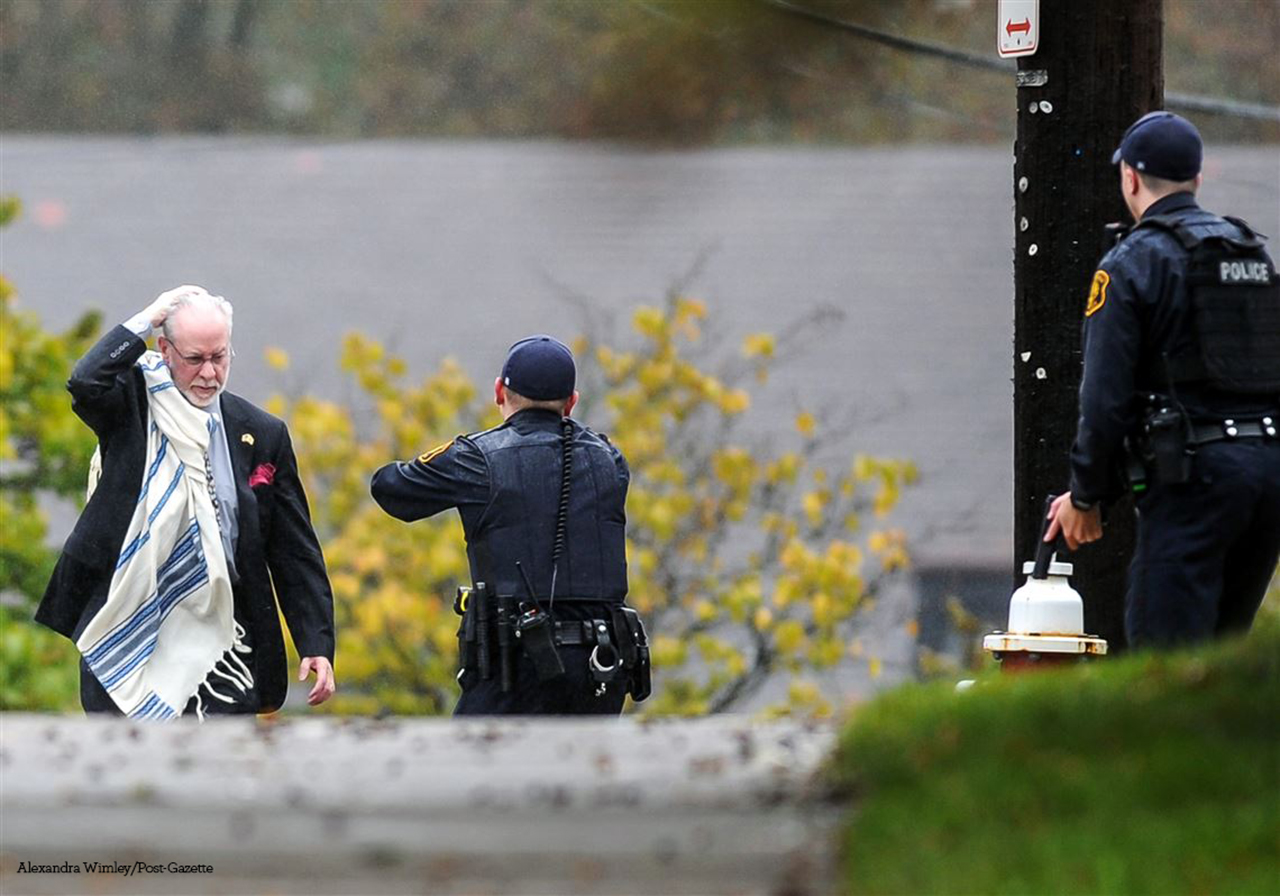
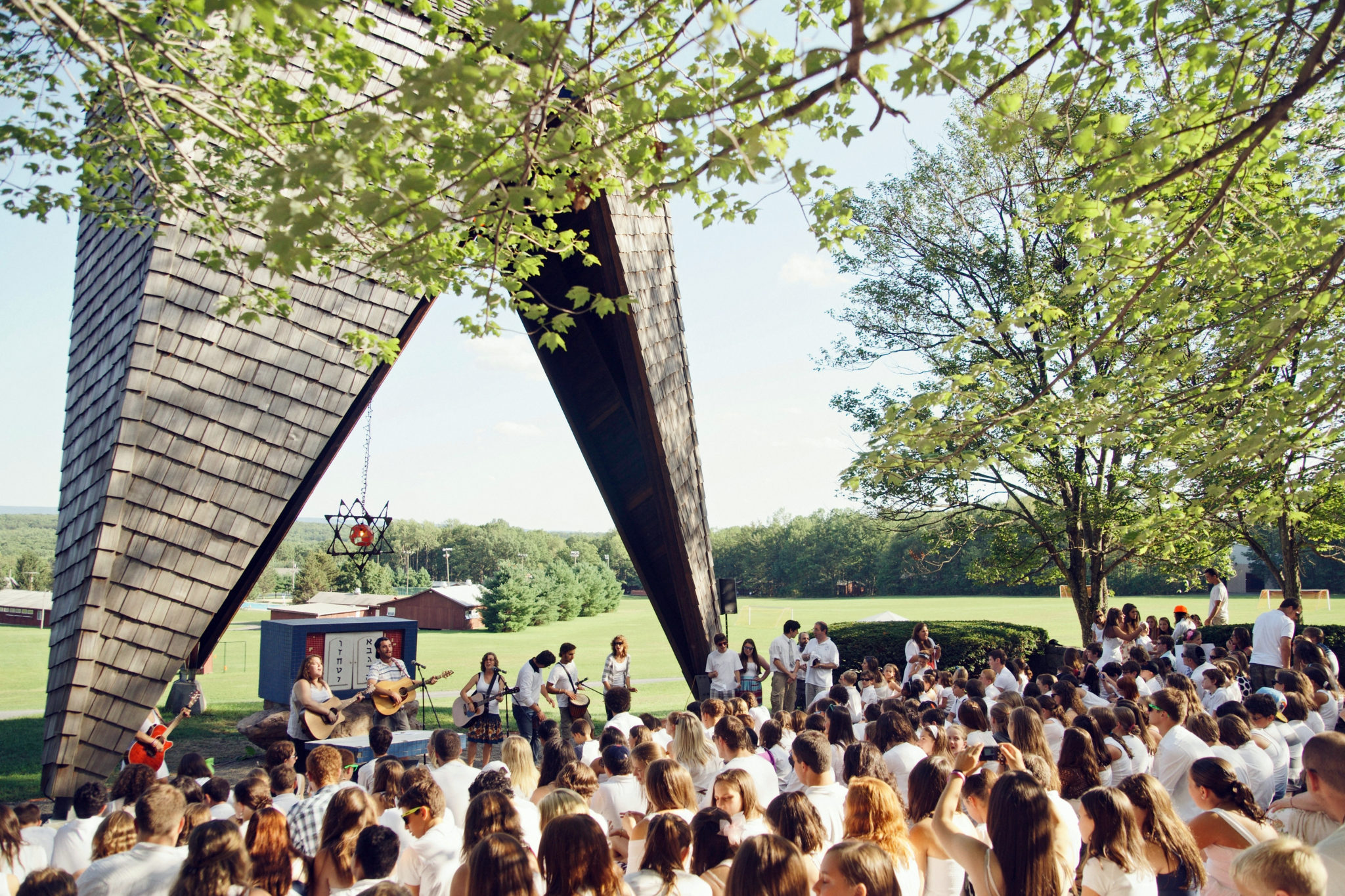

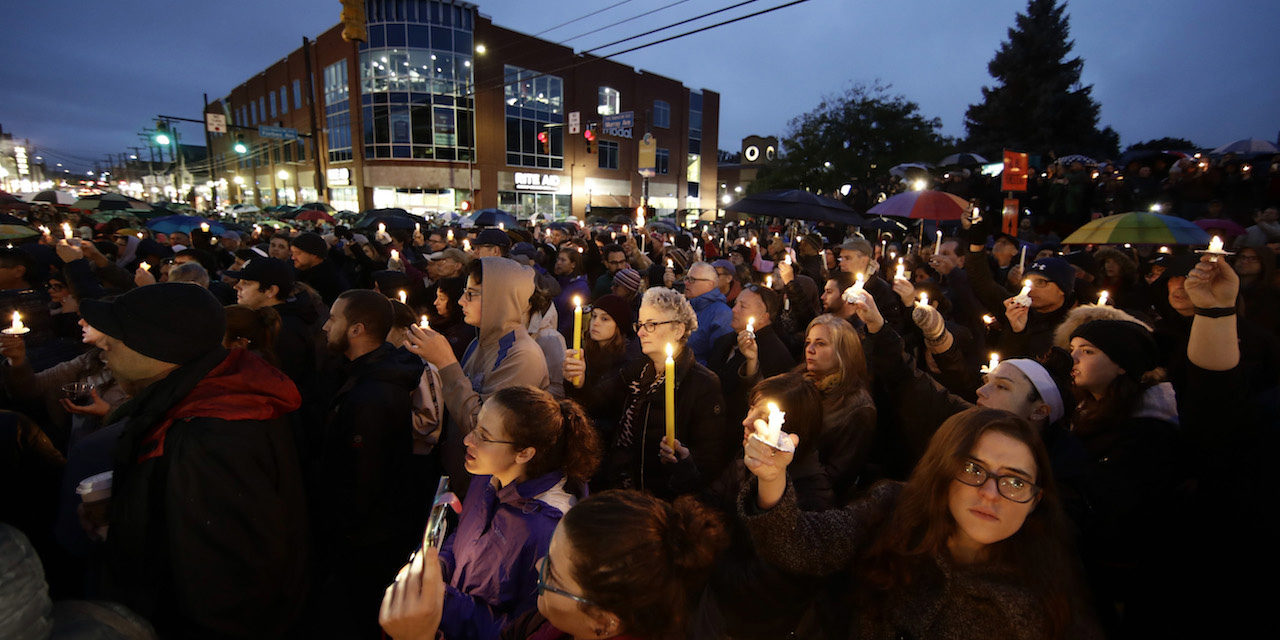


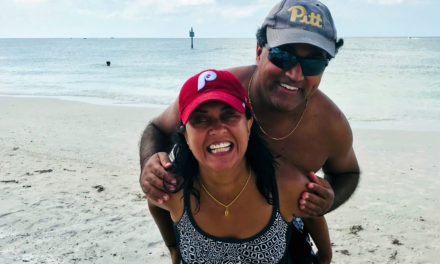
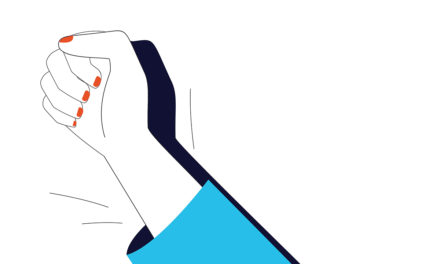
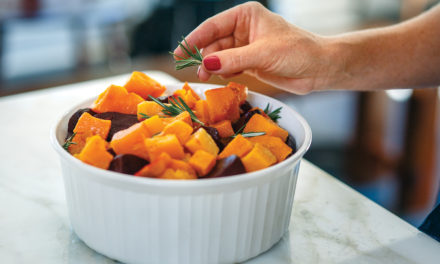
I hear you, Jess.?